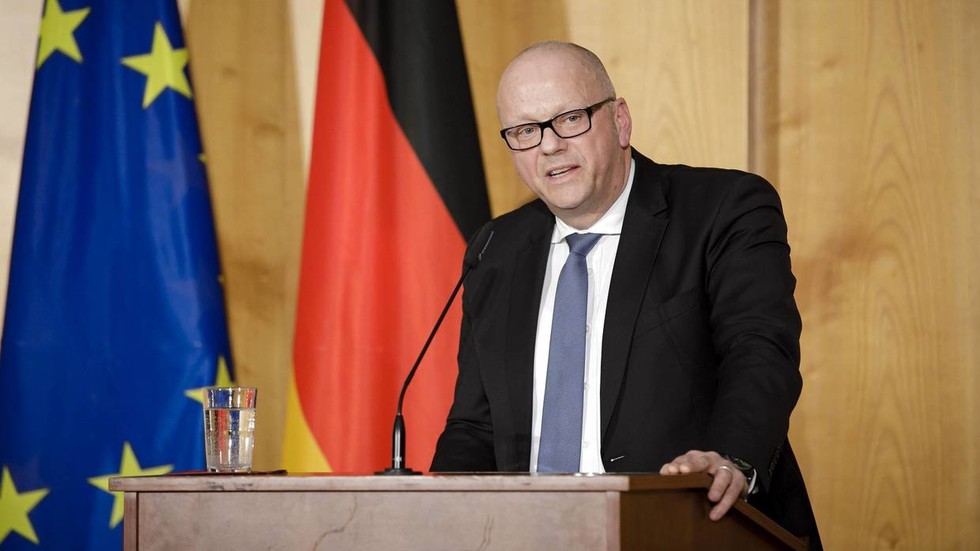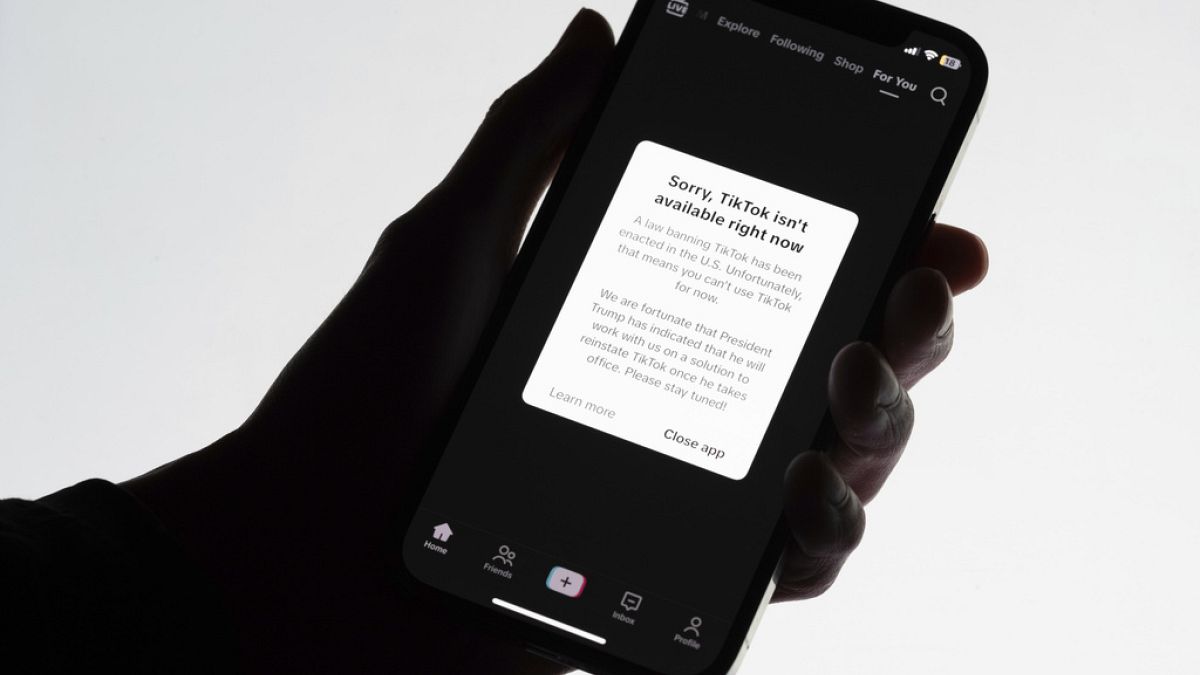The incoming president wants to improve ties with Xi Jinping after threatening to slap harsh trade tariffs on Beijing, the report says
US President-elect Donald Trump wants to visit China in his first 100 days in office to improve relations with Xi Jinping, as the prospect of a new trade war looms, the Wall Street Journal reported on Saturday citing sources.
The trip would aim to deepen ties with the Chinese leader in the face of geopolitical tensions between the two countries fueled by the stand-off over the self-governed island of Taiwan and Trump’s promise to impose tariffs on Chinese imports. However, while people familiar with the matter told the paper that Trump has expressed a certain interest in going, no final decision has been made.
On Friday, Trump and Xi spoke on the phone to discuss a range of issues including trade, Taiwan, and the situation with the Chinese-owned Tiktok social media platform, which went dark in the US over an imminent federal ban. It is unclear, however, whether the president-elect raised the idea of a China visit during the call. At the same time, the two delegated discussions about a potential in-person meeting to their aides, the WSJ said.
Besides China, Trump also expressed interest in a possible trip to India, the outlet’s sources said. However, it is said his immediate attention will gravitate to domestic issues, including the border crisis and wildfires in California.
During his first term, Trump traveled to Beijing in late 2017, more than nine months after taking office. The four years of the Trump administration have been marred by a tense stand-off with China, with the president-elect imposing tariffs on billions of dollars in Chinese goods. His administration also labeled China “a currency manipulator” and imposed tough restrictions on Chinese tech giants like Huawei and ZTE, citing national security risks.
During the election campaign, Trump proposed a 60% tariff on Chinese imports. Responding to a potential hike, Chinese Vice Commerce Minister Wang Shouwen warned that the restrictions could backfire, forcing American consumers to pay higher prices. Meanwhile, he added, China would be able to weather the impact of such “external shocks.”

 4 hours ago
1
4 hours ago
1







 We deliver critical software at unparalleled value and speed to help your business thrive
We deliver critical software at unparalleled value and speed to help your business thrive






 English (US) ·
English (US) ·